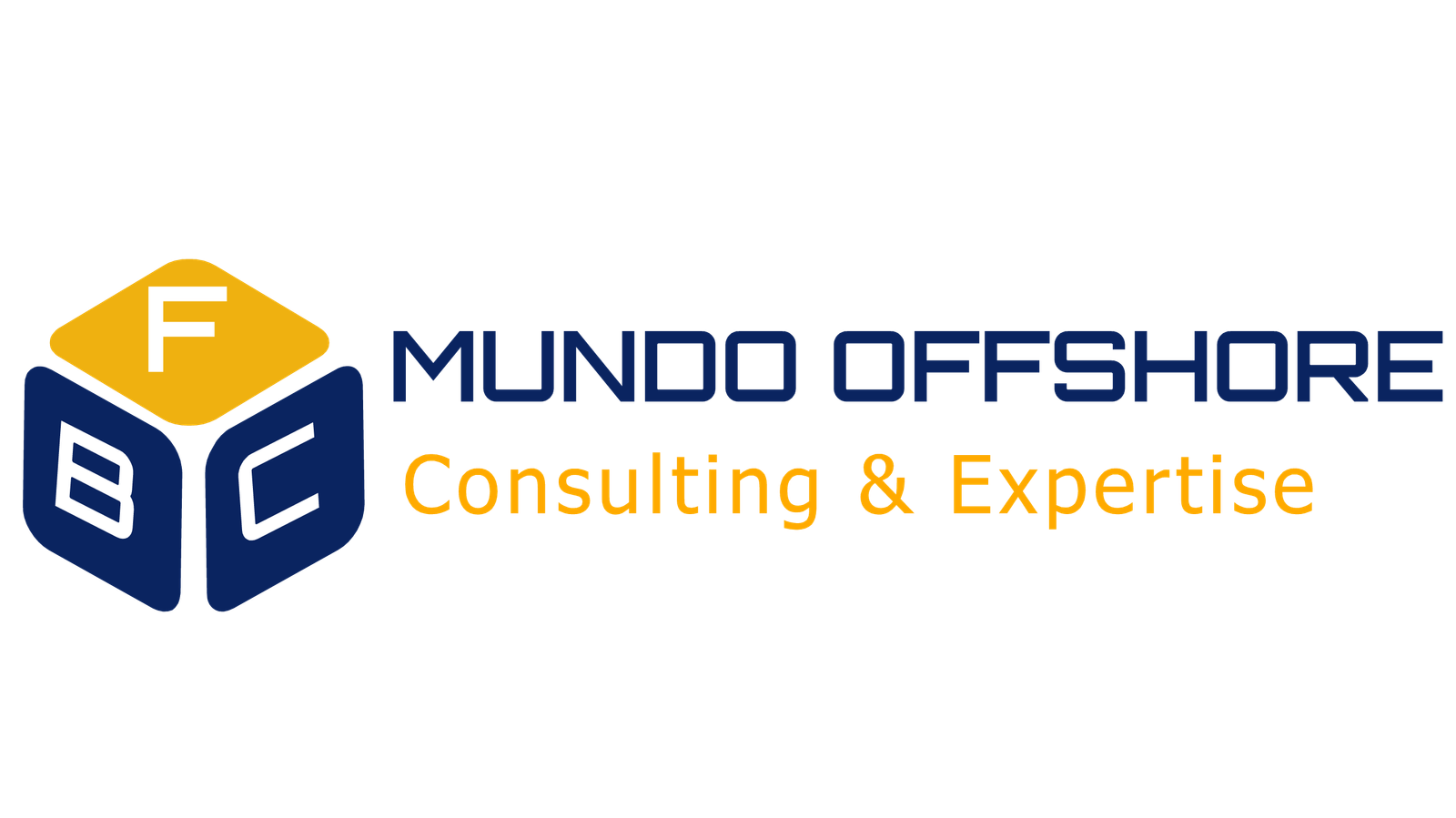Electronic Money License (EMI)
Embark on an Exciting Journey: Unlocking the Power of EMI Licenses! Discover the Essence and Challenges, and Witness the Transformation as Businesses Harness the Potential of Electronic Money Licenses.

Fintech License - EMI license
A fintech license (such as an EMI License) refers to a regulatory authorization granted by competent authorities to financial technology (fintech) companies. This license enables them to legally operate in the financial sector and provide specific financial services or products in compliance with applicable laws and regulations.
The various types of fintech licenses or regulatory authorizations vary depending on the country or region and may include:
EMI: Electronic money institution
PI : Payment institution
Banking License
Stock brokerage License
Crowdfunding License
In this article, we will examine the first two
EMI VS PI : Definition and difference
An Electronic Money Institution (EMI) is a legal entity whose activity is based on the right to issue means of payment in the form of electronic money.
A legal entity has the right to participate in the issuance of electronic money and to provide associated services only after obtaining a special financial license, such as an Electronic Money Institution license (AEMI or SEMI).
A Payment Institution (PI) is a type of financial institution that provides payment services to individuals, businesses, and other entities. Furthermore, payment institutions facilitate various types of financial transactions, such as fund transfers, payment processing, currency exchange, and the issuance of payment instruments such as credit cards, debit cards, and electronic money.
Payment entities typically operate within the regulatory framework established by the competent financial authorities of their jurisdiction. These regulations aim to ensure the security, protection, and efficiency of payment systems. Similarly, they seek to protect consumers and businesses from fraud, abuse, and other risks associated with financial transactions.
The European Parliament and the Council adopted a directive that has been transposed by most European countries. This directive concerns the law on payment services and electronic money, thereby defining a new type of actor in financial markets: the electronic money issuer.
There are two types of institutions or rather two distinct types of licenses: the partial license and the full license.
And what is the difference? The partial license has certain restrictions in terms of activities, such as the maximum amount allowed in monthly payment transactions. Furthermore, it does not allow for passporting. This means that it does not permit offering services in countries outside the jurisdiction of incorporation or obtaining the license.
ELECTRONIC MONEY INSTITUTION LICENSE OR PAYMENT INSTITUTION LICENSE?
We are here to assist you with any inquiries you may have. Feel free to reach out to us
What services can a company holding an EMI license or payment institution license provide?
A company holding an EMI (Electronic Money Institution) license is authorized to provide financial services similar to those of a traditional bank, with the exception of granting loans. These services typically include receiving funds from clients, issuing electronic money in exchange for these funds, and allowing clients to use this electronic money to make payments to other users or businesses that accept this form of payment. Additionally, electronic money can be stored either on smart cards or virtually on secure servers, in accordance with applicable regulations.
CHALLENGES IN OBTAINING AN Electronic money license OR PI LICENSE.
In principle, clients aiming to establish electronic money institutions are prepared to create a business equipped with the appropriate financial license. However, the challenge lies in the composition of the board of directors of said enterprise, where the presence of qualified personnel is imperative, thus constituting an essential legal requirement.
Without qualified personnel, obtaining an electronic money institution license would be impossible. In most European Union countries, regulators will carefully scrutinize the qualifications of the members of the company’s board of directors.
Only individuals holding a university degree in economics, law, or business administration, and/or possessing professional experience in the aforementioned sectors, can legally be part of the board of directors of such a company.
The Premier Destinations for EMI or PI Licensing.

Lithuania

UK

Czech Republic

Luxembourg

Spain

